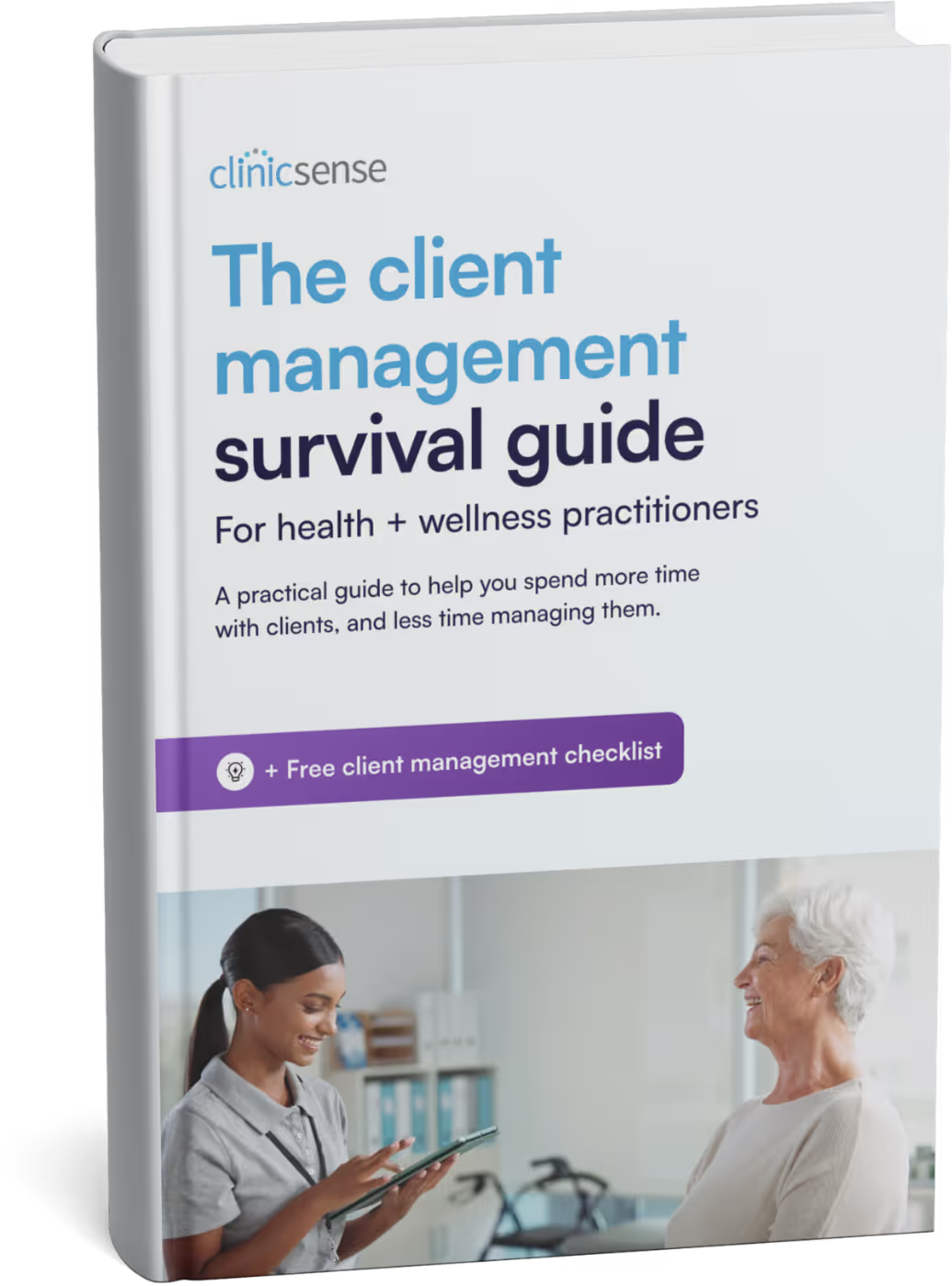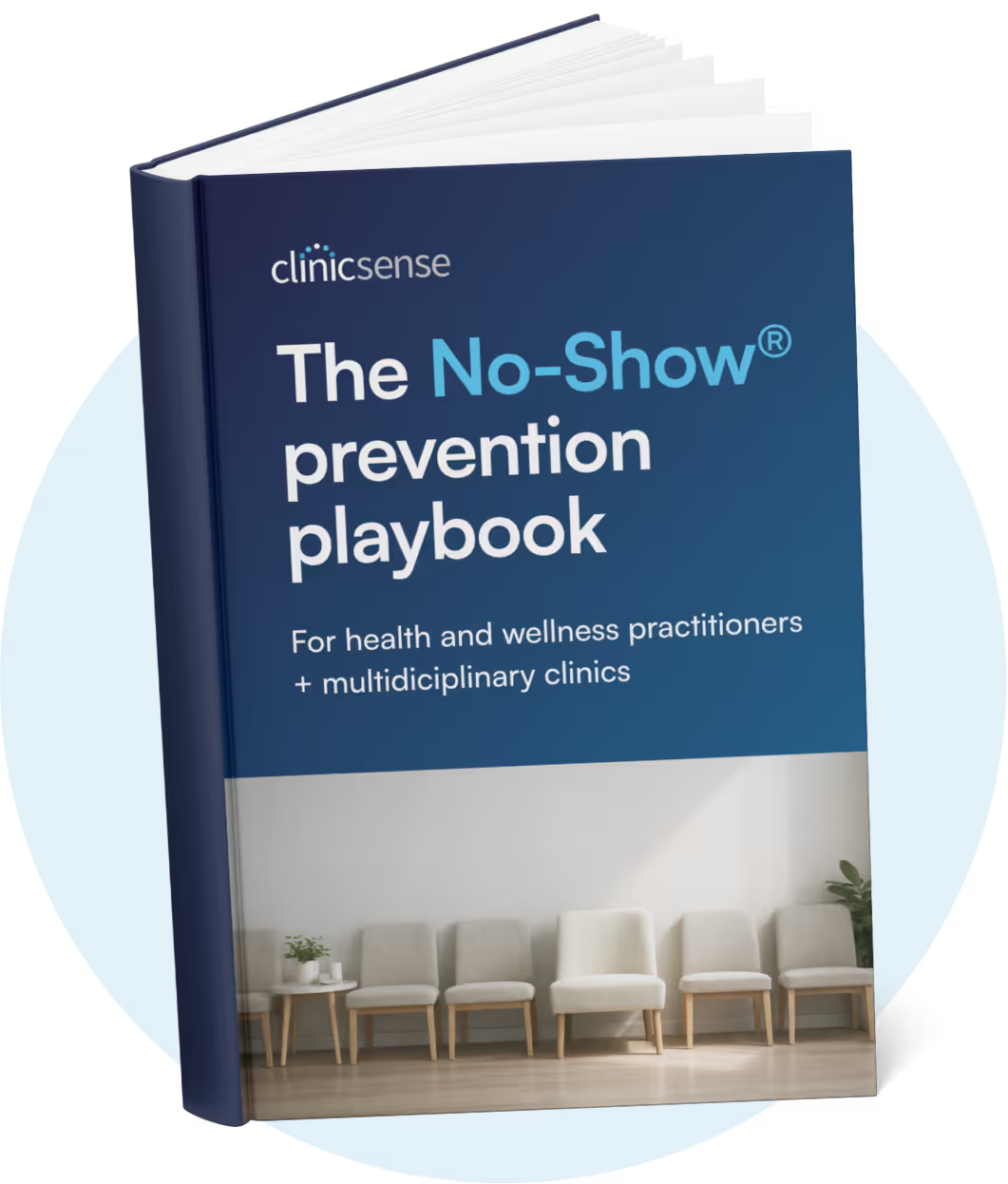Industry Insights
August 27, 2024

Considering a career as an allied health professional offers a rewarding path with diverse opportunities. This article explores various allied health careers, educational requirements, and the benefits of working in this field, helping you determine if it's the right fit for you.
An allied health professional supports healthcare by diagnosing, treating, and preventing diseases. They work alongside doctors and nurses, providing essential services in areas like physical therapy, radiology, and medical technology to enhance patient care and improve overall health outcomes.
There are a variety of allied healthcare careers to choose from, options include:

An audiologist diagnoses and treats hearing and balance disorders. They conduct hearing tests, fit hearing aids, provide auditory training, and offer counseling on hearing loss prevention. Audiologists work with patients of all ages to improve their hearing health and overall quality of life.
A dental hygienist performs teeth cleanings, examines patients for oral diseases, takes dental X-rays, and educates patients on oral hygiene. They assist dentists by providing preventative dental care and promoting good oral health practices to maintain patients' overall dental wellness.
A diagnostic medical sonographer uses ultrasound equipment to create images of internal body structures. They help diagnose medical conditions by capturing detailed images, which doctors use for assessment and treatment planning. Sonographers specialize in areas like obstetrics, cardiology, and abdominal imaging.
A dietitian assesses nutritional needs, creates personalized meal plans, and provides dietary counseling. They promote healthy eating habits, manage nutrition for medical conditions, and educate individuals or groups on nutrition. Dietitians work in various settings, including hospitals, clinics, schools, and private practice.
An emergency medical technician (EMT) provides critical pre-hospital care. They respond to emergencies, assess patient conditions, perform life-saving interventions, and transport patients to healthcare facilities. EMTs manage trauma, cardiac events, and other urgent medical issues, ensuring timely and effective medical response.
A massage therapist manipulates muscles and soft tissues to relieve pain, reduce stress, and promote relaxation. They use various techniques to improve circulation, enhance flexibility, and support overall wellness. Those pursuing a career in massage therapy can expect a fulfilling profession that prioritizes holistic health. Being a massage therapist allows you to make a positive impact on clients' well-being and quality of life.
A Magnetic Resonance Imaging (MRI) technologist operates MRI scanners to create detailed images of internal body structures. They prepare patients for scans, ensure safety protocols, and produce high-quality images for diagnosis. MRI technologists work closely with radiologists to assist in detecting and diagnosing medical conditions.
An occupational therapist helps patients regain and improve daily living skills. They design personalized treatment plans, using activities and exercises to enhance physical, cognitive, and social abilities. Occupational therapists work with individuals recovering from injuries, disabilities, or illnesses to promote independence and quality of life. Becoming an occupational therapist involves specialized training to develop the skills needed for this impactful and rewarding career.
An optometric technician assists optometrists in providing eye care. They perform tasks such as conducting vision tests, taking eye measurements, preparing patients for exams, and maintaining optical equipment. Optometric technicians help ensure accurate diagnoses and effective treatments for vision-related issues.
A personal fitness trainer designs and guides personalized exercise programs for clients. They assess fitness levels, set goals, demonstrate exercises, and provide motivation and support. Personal fitness trainers help clients improve their physical health, strength, and overall well-being through tailored workout plans and healthy lifestyle advice.
A physical therapist helps patients recover mobility and manage pain through customized exercise and treatment plans. They assess patient needs, design rehabilitation programs, and educate on injury prevention. Physical therapists specialize in various types of physical therapy, such as orthopedic, neurological, and pediatric, to address specific conditions.
A radiologic technologist performs imaging examinations like X-rays, CT scans, and MRIs to help diagnose medical conditions. They operate imaging equipment, ensure patient safety, and produce clear, accurate images for physicians. Radiologic technologists play a crucial role in the diagnostic process and patient care.
A respiratory therapist treats patients with breathing or cardiopulmonary disorders. They assess lung function, administer treatments, manage ventilators, and provide emergency care. Respiratory therapists work with patients of all ages, from premature infants to the elderly, to improve respiratory health and quality of life.
A speech-language therapist diagnoses and treats communication and swallowing disorders. They work with patients to improve speech, language, and cognitive-communication skills, as well as addressing swallowing difficulties. Speech-language therapists help individuals of all ages enhance their communication abilities and overall quality of life.

Becoming an allied health professional involves completing an entry-level education, such as a high school diploma or GED. Next, pursue an associate’s degree in a specific allied health field from a vocational school or community college. Finally, obtain certification or registration as required by your specialty (Health Science Degree Guide).
Allied health professionals must complete a specialized degree program, typically an associate’s degree, which includes coursework in math, science, and field-specific training. Maintaining a minimum GPA and meeting performance standards are crucial. Some roles may require further certification or licensing exams to practice professionally.
Specializing in an allied health profession involves choosing a specific field, such as radiology, physical therapy, or medical coding. Specialized training programs offer in-depth knowledge and skills tailored to that area. This expertise enhances career opportunities and allows for focused, high-quality patient care.
Certification in an allied health profession typically involves passing a qualifying exam after completing your degree program. This process validates your expertise and meets industry standards. Certification may be required by employers and is often necessary for licensure, ensuring you provide safe and effective patient care.
The allied healthcare field is a good career choice due to its rapid job growth, diverse opportunities, and the ability to make a meaningful impact on people’s lives. With a range of specialties and relatively short training periods, it offers a rewarding and stable career path.
Allied health careers are personally fulfilling, much like other health and wellness careers, because they allow you to directly improve patients' lives. By providing essential healthcare services, you can make a significant impact on individual well-being and overall community health.
Job satisfaction in allied health careers is high due to the variety of roles available, opportunities for continuous learning, and collaborative work environments. Professionals often experience a strong sense of achievement from solving complex health issues and contributing to a team's success in patient care.
The job outlook for allied health professionals is strong, with a wide range of opportunities and high demand for various roles. As the healthcare sector continues to grow, these careers offer stability, diverse job options, and the chance to make a meaningful impact on patient care.
According to the U.S. Bureau of Labor Statistics, employment in healthcare occupations is projected to grow 13% from 2022 to 2032, much faster than the average for all occupations. The employment outlook in Canada is also positive, with good job prospects for allied health professionals, particularly in Ontario, due to an aging population and increased healthcare needs.
Flexible hours are a significant perk for allied health professionals, allowing them to balance work with personal life. Many roles offer part-time options, varied shifts, and the ability to work in different settings, providing greater control over their schedules and enhancing work-life balance.
Allied health professionals have ample opportunities for advancement, such as specializing in a particular area, pursuing advanced certifications, or moving into administrative or educational roles. This potential for career growth enhances job satisfaction and allows for continuous personal and professional development, making it a fulfilling career choice.
Ready to start your career as an allied health professional? You'll need software to help you manage and grow your practice. ClinicSense is an all-in-one practice management solution with customizable tools and features to suit your wellness clinic. Start your free trial today!


.avif)











For 14 days